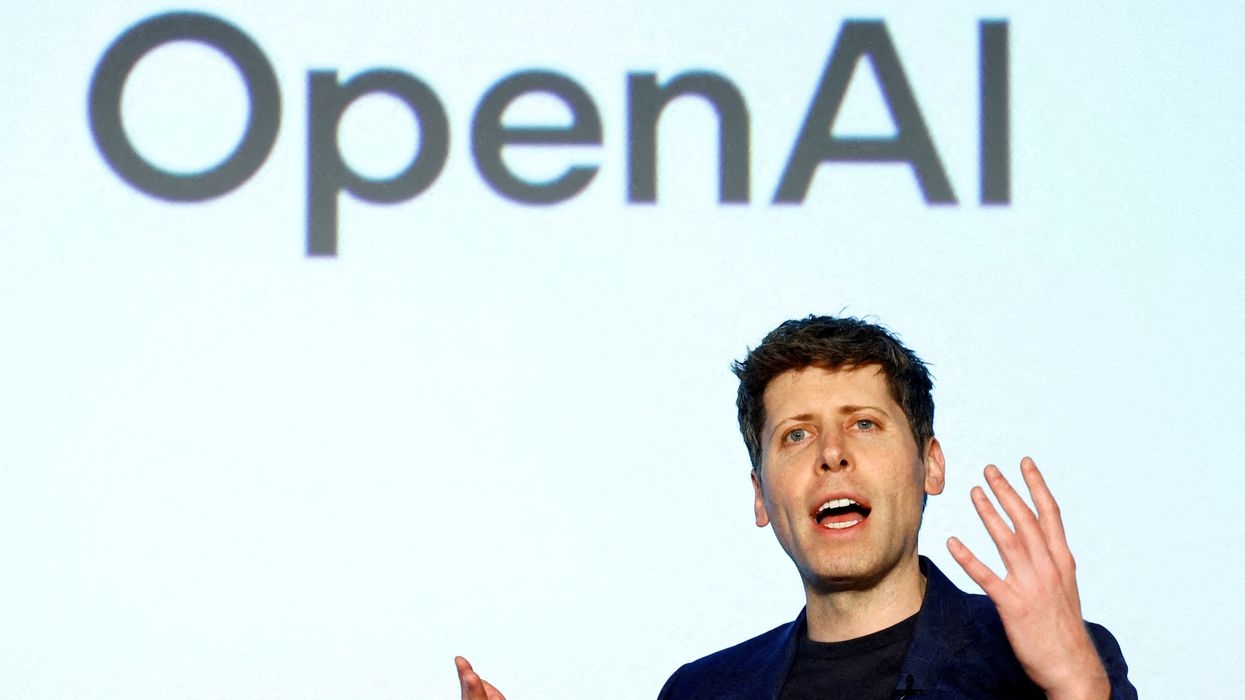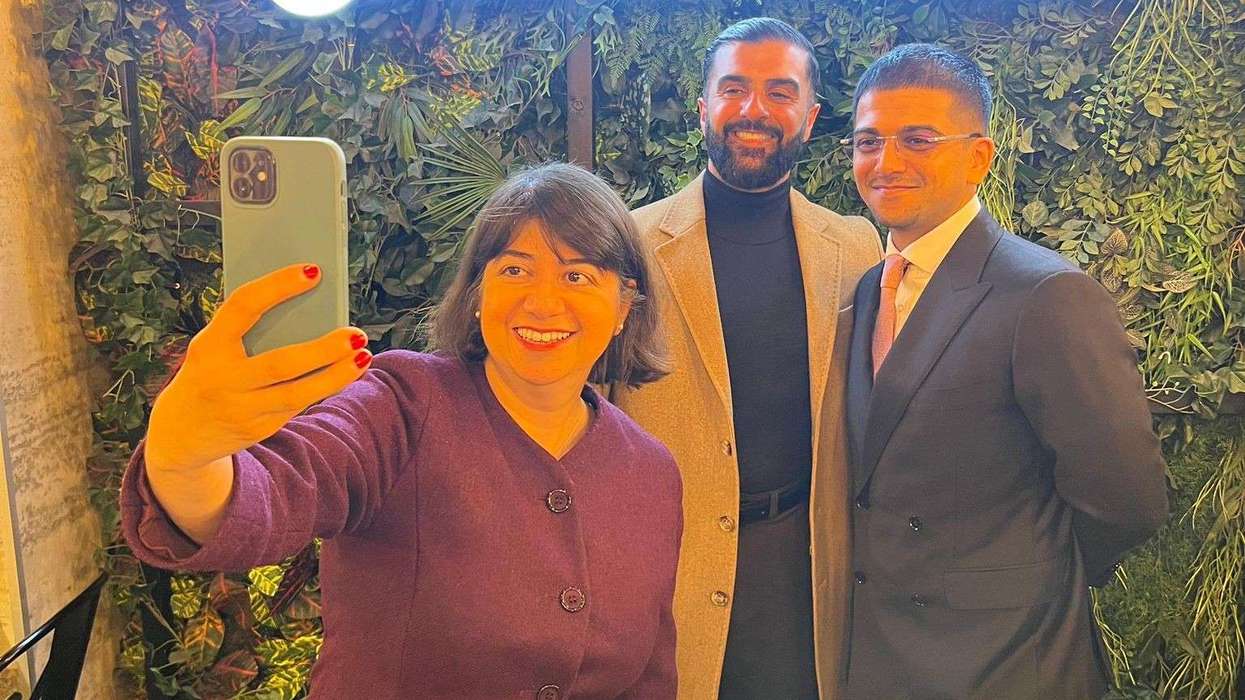OPENAI, the company behind ChatGPT, will open its first India office in New Delhi later this year as it expands in its second-largest market by user numbers.
The Microsoft-backed firm has been registered as a legal entity in India and has started hiring for a local team, the company said in a statement shared with Reuters on Friday.
India is a key market for ChatGPT, which launched its lowest-priced monthly plan at $4.60 earlier this week. The move aims at reaching nearly one billion internet users in the country.
OpenAI is facing legal challenges in India, with publishers and news outlets accusing it of using their content without permission to train ChatGPT. The company has denied these claims.
"Opening our first office and building a local team is an important first step in our commitment to make advanced AI more accessible across the country and to build AI for India, and with India," OpenAI CEO Sam Altman said in the statement.
Competition in India is intensifying, with Google’s Gemini and AI startup Perplexity offering plans that give many users free access to advanced features.
India has the largest student user base for ChatGPT, and weekly active users have quadrupled in the past year, according to market data shared by OpenAI on Friday.
(With inputs from Reuters)




